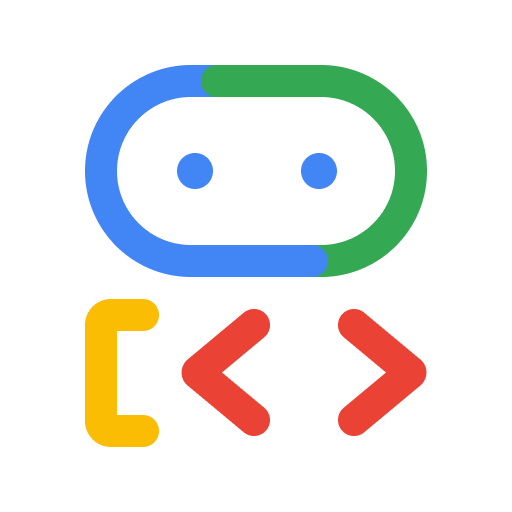Editor's Note
Welcome to The Future of DevEx - your weekly look at how AI is changing the way we build software.
This week marks a shift in how deeply infrastructure, research, and developer tools are aligning around agentic AI. Google’s Gemini 3 challenges Open AI, Microsoft launched a wave of cloud-native automation updates, and NVIDIA’s earnings calmed fears of an AI slowdown. Meanwhile, new benchmarks reveal most AI models are far from perfect.
Big Trends & Ecosystem Shifts 🌎
Gemini 3 rolled out with new agentic capabilities baked into the Gemini app, Vertex AI, and AI Mode in Search—marking Google’s most aggressive multi-surface launch yet. Its accuracy hit 53%, making it the best factual performer to date. But hallucination rates remain high (88%), showing we’re not out of the overconfidence era just yet.
Just weeks after the Open AI deal, Microsoft and NVIDIA pledged up to $15 billion to Anthropic, while Anthropic committed to spending $30B on Azure compute. This move solidifies Anthropic’s status as a serious alternative to OpenAI, and positions Microsoft as the compute hub for multiple frontier models beyond GPT.
Wall Street held its breath for NVIDIA’s Q3 results—and the chipmaker delivered. Record-breaking revenue reaffirmed that AI demand isn’t just hype, it’s hitting real infrastructure. As the cornerstone of AI infra, NVIDIA’s growth is now a proxy for the health of the entire ecosystem—and a key signal that the AI boom is still underway.
Developer Tools 🛠️
Antigravity is a new, agent-first development environment built on VS Code that turns your IDE into a live command center. Agents can now autonomously plan and execute software tasks across editor, terminal, and browser. Multi-agent orchestration and built-in model switching make it one of the first truly agentic developer surfaces.
HoundDog.ai integrated directly with Replit to scan AI-generated code for privacy leaks in real-time. It traces sensitive flows across logs, storage, and SDKs, and suggests remediations instantly. For developers shipping AI apps fast, this adds an essential safety layer that doesn’t slow you down.
Microsoft Ignite Digest 🔥
Microsoft Ignite 2025 is taking place this week in SF, and the company is making BIG announcements. Here are the main highlights affecting developer workflows:
Azure Copilot now brings agentic automation to every layer of cloud management—from chat to CLI to portal. It can spin up infrastructure, optimize costs, and fix misconfigurations without manual intervention. DevOps teams get hands-free migrations, real-time optimizations, and workload-specific agents tailored to Azure.
Claude Sonnet 4.5, Opus 4.1, and Haiku 4.5 are now available in Microsoft Foundry, sitting alongside OpenAI models for flexible agent builds. Teams like Replit and Manus are already tapping into Claude's stronger reasoning abilities to handle logic-heavy workflows. This lets enterprise developers match tools to task with surgical precision.
Foundry IQ gives AI agents seamless access to SharePoint, Fabric IQ, and live web content—no custom RAG stack required. It handles search, filtering, and permissions natively through a single API. For enterprises, it’s a shortcut to agent-powered apps that actually understand business context.
Research and model breakthroughs 🔬
AlphaEvolve tackles hard math with evolutionary coding. It just beat Strassen’s algorithm in a key 4x4 matrix multiplication task—marking the first improvement in 56 years. The same system optimized real-world infrastructure at Google. What makes it different? It evolves not just formulas, but the strategies behind them.
Meta dropped Omnilingual ASR: an open-source speech suite that supports transcription in 1,600+ languages—including 500+ that were never supported before. Compact models run on laptops, and a zero-shot mode extends support to even more languages with just a few samples. It's a huge win for inclusive interfaces.
Artificial Analysis released a new benchmark, AA-Omniscience Index. Unlike traditional benchmarks, it penalizes incorrect guesses and rewards abstentions to measure models’ real-world usefulness. Only 4 models scored above zero. The rest performed worse than a model that refused every question.
Open Source Spotlight 🔍

Google ADK for Go is a new open-source Agent Development Kit released in November 2025. It enables Go developers to build, test, and deploy AI agents in a model- and platform-agnostic way. Out of the box, it integrates with MCP Toolbox for Databases (30+ DBs) and Vertex AI Agent Builder.
This release positions Go as a serious contender in agent-based AI systems for production workloads.
Got a Question?
Got a burning engineering question? Just hit reply and we’ll tackle it. And if you enjoyed this issue, consider sharing it with your teammates.
Want to Get Featured?
Want to share your dev tool, research drops, or hot takes?
Submit your story here — we review every submission and highlight the best in future issues!
Till next time,

